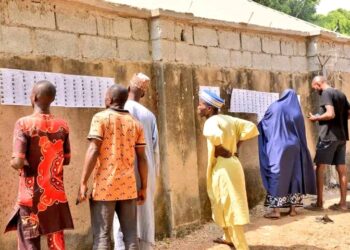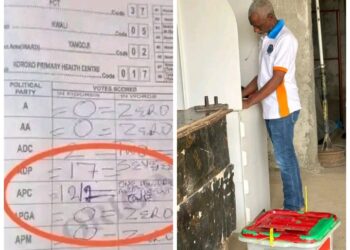The Federal Government has directed that no teacher will henceforth be allowed to teach in any Nigerian classroom without registration and licensing by the Teachers Registration Council of Nigeria (TRCN).
In a statement issued by the Federal Ministry of Education on Sunday, the Minister of Education, Dr. Maruf Tunji Alausa, CON, explained that the policy is part of ongoing reforms realigning the roles of TRCN and the National Teachers’ Institute (NTI) under President Bola Ahmed Tinubu, GCFR’s Renewed Hope agenda to improve education quality nationwide.
Under the new arrangement, TRCN will oversee regulation of the teaching profession and licensing of qualified teachers, while NTI will concentrate on in-service training and continuous professional development at foundational, basic, and post-basic levels.
The Minister said the reforms come with fresh welfare terms and operational guidelines, including teacher registration and licensing, professional development requirements, compliance monitoring, welfare provisions, curriculum and practice standards.
He further noted that TRCN will enforce discipline within the profession, mandate registration for teachers, and adopt digital integration with the national Education Management Information System. NTI, on its part, will serve as the implementing body for distance-based teacher training, ensuring alignment with approved frameworks.
Dr. Alausa described the restructuring as “a big day for the Nigerian child,” stressing that it will sustain gains in teacher quality and learning outcomes. He reaffirmed government’s commitment to promoting professionalism in teaching, expanding access to training, and ensuring compliance at all levels.
“This reform is about results and sustainability. It is about building a future where Nigerian children are taught by the best, prepared for the best, and supported by the best. We are consolidating progress to ensure sustainability, capability, and accountability in our teaching workforce. It is Renewed Hope in action,” he said.
The Ministry assured that it will monitor implementation closely in collaboration with state governments, private school proprietors, and other stakeholders in the sector.





